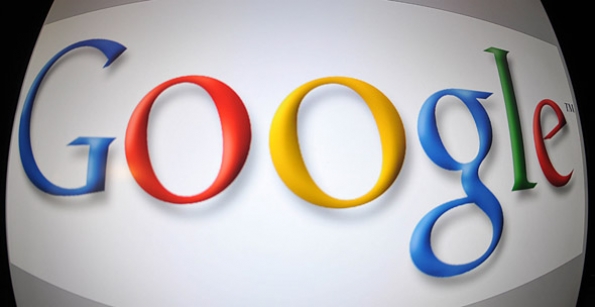 It has been three years since the European Commission started examining alleged claims that Google was misusing its supremacy as a search engine, and it seems that the two sides have reached an agreement. As reported by the Financial Times, a settlement would be reached where Google avoids formal charges and heavy fines which were consequently 7 years ago put on Microsoft. In May 2012, Joaquin Almunia, the European Union’s competition commissioner assembled a list of concerns relating to Google, which is said to account for more than 90% of searches in Europe.
It has been three years since the European Commission started examining alleged claims that Google was misusing its supremacy as a search engine, and it seems that the two sides have reached an agreement. As reported by the Financial Times, a settlement would be reached where Google avoids formal charges and heavy fines which were consequently 7 years ago put on Microsoft. In May 2012, Joaquin Almunia, the European Union’s competition commissioner assembled a list of concerns relating to Google, which is said to account for more than 90% of searches in Europe.
– Google favors its specialized search services over others and that Google had an agreement with companies that used its advertising, that they would be included in results after similar searches.
– The search engine was copying content from its competitors.
– Advertisers couldn’t easily transfer from Google to others.
Google will solve these concerns by clearly labeling the advertisements that are in contract with the search engine, giving more freedom to competitors, preventing bias. The result of this investigation will be that Google will esthetically look different to Europeans. However, with this investigation over, Google is not released from the limelight, as recent report stated that mobile OS providers wanted the Commission to look into the dominance of Android, Google’s mobile operating system. Personally I like the fact that the IT industry has this form of investigations because it eliminates the bias and monopoly which can ensue, and benefits the users of such technology.
Sources:
Schumpeter, Joseph. “A Flavour of Utility.” The Economist. The Economist Newspaper, 13 Apr. 2013. Web. 06 Oct. 2013. <http://www.economist.com/blogs/schumpeter/2013/04/google-and-european-commission>.



